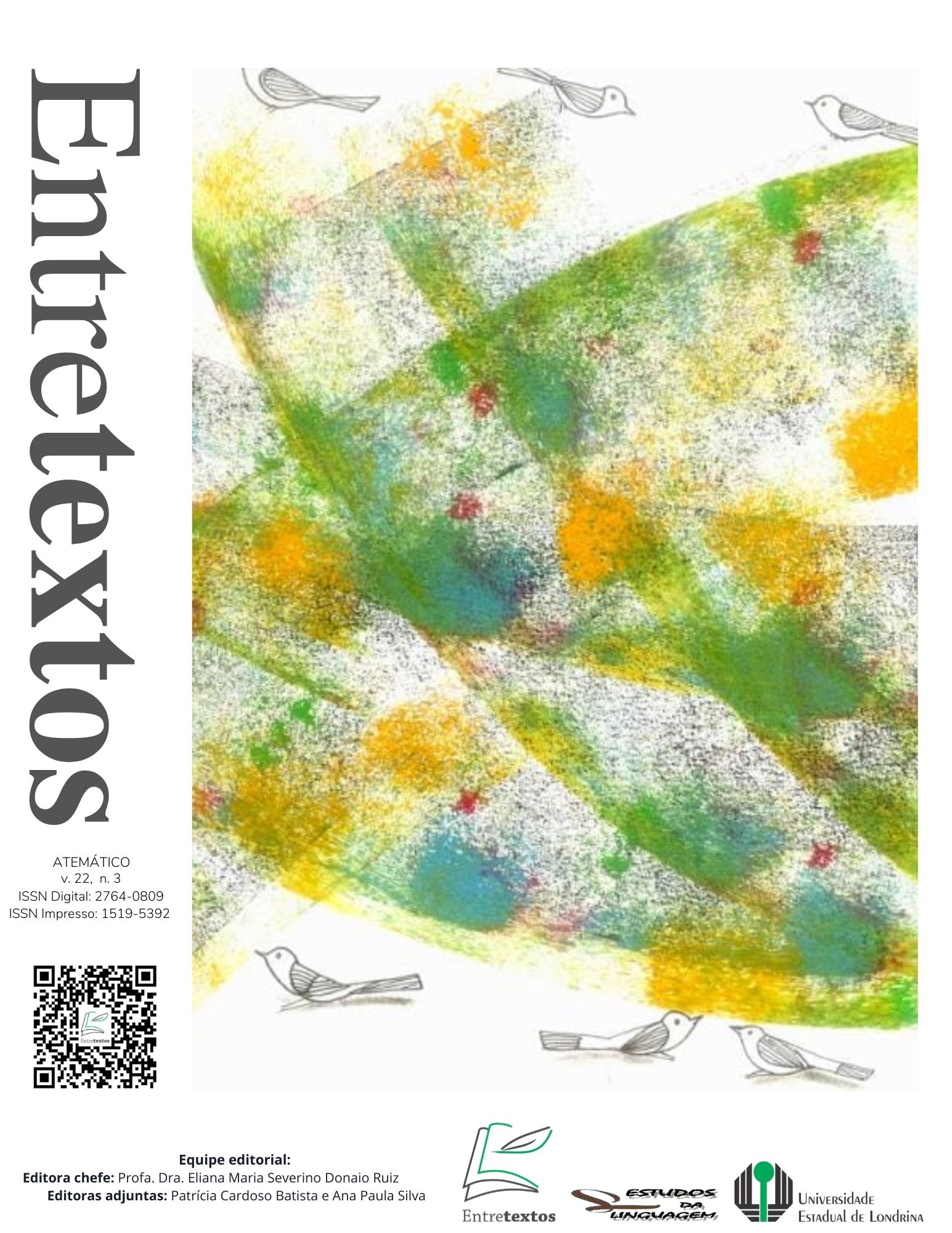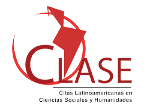O sujeito indeterminado em livros didáticos: uma análise à luz dos estudos do Círculo de Bakhtin
DOI:
https://doi.org/10.5433/1519-5392.2022v22n3p152-173Keywords:
Dummy Subject, Style., Enunciate.Abstract
This article aims to investigate how the work with linguistic analysis is conducted in activities proposed on teacher manuals of textbooks from the PNLD used in 7th grade, during the period of BNCC implementation in elementary schools. From a perspective of language as a product of interaction (BAKHTIN, 2018; VOLÓCHINOV, 2019), there were chosen two books among those options to be chosen by the schools in 2019 PNLD. Based on the hypothesis that the expression "dummy subject" would no longer appear as explicit content, since neither does the BNCC refers to types of subjects, there was proceeded to the selection of one activity in each textbook, which questions would approach, explicitly (in the question or in the answer) the expression "dummy subject". The results demonstrate that the activities that restrict the look on formal and qualifying aspects, with focus on metalanguage, remain as a reality in PNLD textbooks. It depends on the teacher the challenge to work with suck books, by going further on the perspective of language as interaction, aiming to expand the studies on stylistic choices of enunciates and the effects of meaning that are produced.
Downloads
References
BAKHTIN, M. Os gêneros do discurso. São Paulo: Editora 34, 2016.
BAKHTIN, M. Questões de estilística no ensino de línguas. 2. ed. São Paulo: Editora 34, 2019.
BALTHASAR, M.; GOULART, S. Singular e plural: leitura, produção e estudos de linguagem. 3. ed. São Paulo: Moderna, 2018. 7º ano - manual do professor.
BRASIL. Ministério da Educação; Secretaria de Educação Básica. Base Nacional Comum Curricular (BNCC). Brasília: MEC; 2018. Disponível em: http://basenacionalcomum.mec.gov.br/images/BNCC_EI_EF_110518_versaofinal_site.pdf. Acesso em: 1 set. 2022.
Brasil. Secretaria de Educação Fundamental. Parâmetros curriculares nacionais: terceiro e quarto ciclos do ensino fundamental: língua portuguesa. Brasília: MEC/SEF, 1998. Disponível em: http://portal.mec.gov.br/seb/arquivos/pdf/portugues.pdf. Acesso em: 1 set. 2022.
COSTA, C. L.; NOGUEIRA, E.; MARCHETTI, G. Geração alpha língua portuguesa. 2. ed. São Paulo: Edições SM Educação, 2018. 7º ano - manual do professor.
CUNHA, C. F.; CINTRA, L. F. L. Nova gramática do português contemporâneo. 3. ed. Rio de Janeiro: Lexicon Informática, 2007.
NEVES, M. H. M. Que gramática estudar na escola: norma e uso na língua portuguesa. São Paulo: Contexto, 2004.
ROCHA LIMA, C. H. Gramática normativa da língua portuguesa. 49. ed. Rio de Janeiro: José Olympio, 2011.
VOLÓCHINOV, V. Marxismo e filosofia da linguagem: problemas fundamentais do método sociológico na ciência da linguagem. 2. ed. São Paulo: Editora 34, 2018.
VOLÓCHINOV, V. A palavra na vida e a palavra na poesia: ensaios, artigos, resenhas e poemas. 1. ed. São Paulo: Editora 35, 2019.
Downloads
Published
How to Cite
Issue
Section
License
Copyright (c) 2023 Patricia da Silva Valerio, Francismar Furlanetto

This work is licensed under a Creative Commons Attribution 4.0 International License.
Entretextos adota a Licença Creative Commons Attribution 4.0 International, portanto, os direitos autorais relativos aos artigos publicados são do/s autor/es.
Sob essa licença é possível: Compartilhar - copiar e redistribuir o material em qualquer suporte ou formato. Adaptar - remixar, transformar, e criar a partir do material, atribuindo o devido crédito e prover um link para a licença e indicar se mudanças foram feitas.
























